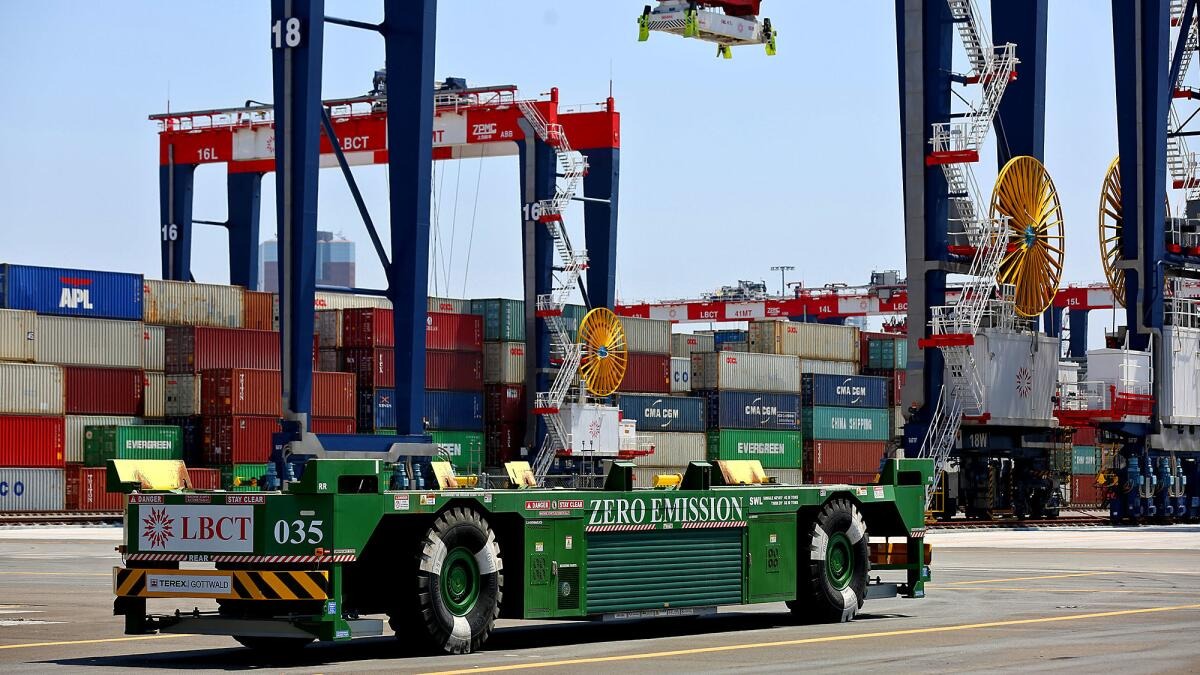Technology companies are touting the environmental benefits of autonomous vehicles and other autonomous machinery, particularly reduced pollution.
However, labor unions, such as the International Longshore and Warehouse Union (ILWU) in California, are challenging this narrative, arguing that the shift to cleaner technology could threaten jobs and result in increased automation.
The ILWU, a significant donor to Democratic lawmakers supporting electrification, suggests that proposed air quality regulations in California could lead to job cuts by encouraging the adoption of automated equipment at the ports of Los Angeles and Long Beach. These ports handle nearly 40% of the United States’ imported cargo.

The conflict highlights the challenges faced by California’s leaders in balancing efforts to reduce carbon emissions with the preservation of jobs supported by unions.
Similar tensions have emerged in other labor disputes, such as last year’s United Auto Workers strike, which involved wage disputes at electric vehicle battery plants.
This struggle over the adoption of zero-emission policies could have widespread implications as other states follow California’s lead in transitioning to electric technologies.
A recent report by researchers at the University of California, Los Angeles, commissioned by the ILWU, suggests that regulators’ efforts to electrify the ports may unintentionally encourage terminal operators to pursue automation under the guise of meeting environmental standards.
While air pollution regulators argue that electrification is crucial for cleaning up emissions, unions fear that advancements in technology, especially automation, pose risks to their members.
The ILWU and the Teamsters, representing truckers in the transportation sector, clarify that they are not against electrification or zero-emission technologies in general.
However, concerns are growing among unions about the potential negative impacts of rapid technological advancements on jobs.
The Teamsters, for instance, are raising environmental concerns about the energy demands of autonomous vehicles’ software, pointing to an MIT study that suggests these demands could equal the energy consumption of the world’s data centers.
This line of argument is employed against autonomous vehicle companies like Cruise and Waymo, challenging their claims of environmental friendliness.
The labor unions emphasize the importance of putting safeguards around autonomous vehicles, expressing worries about potential job losses and the prioritization of technology over human employment.
The debate underscores the broader challenges of navigating the intersection between technological innovation, environmental goals, and the protection of workers’ interests in the evolving landscape of transportation and industry.


